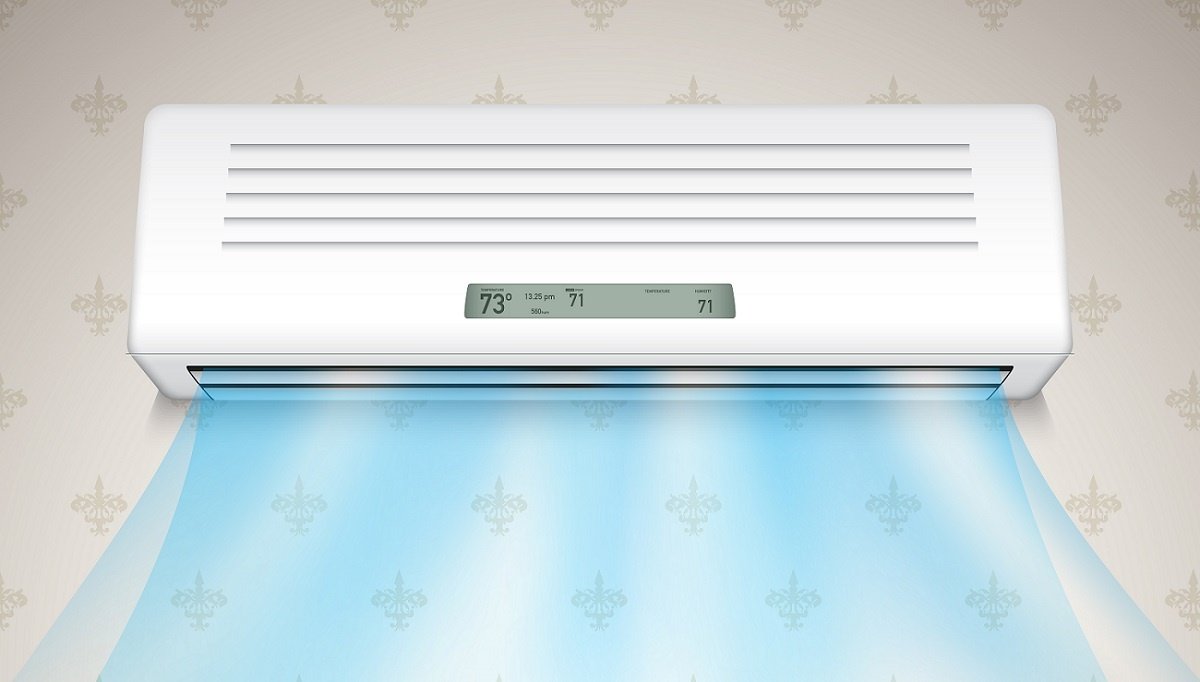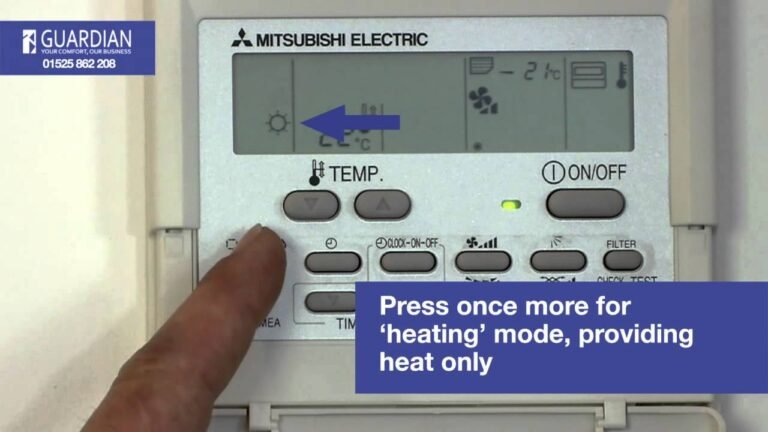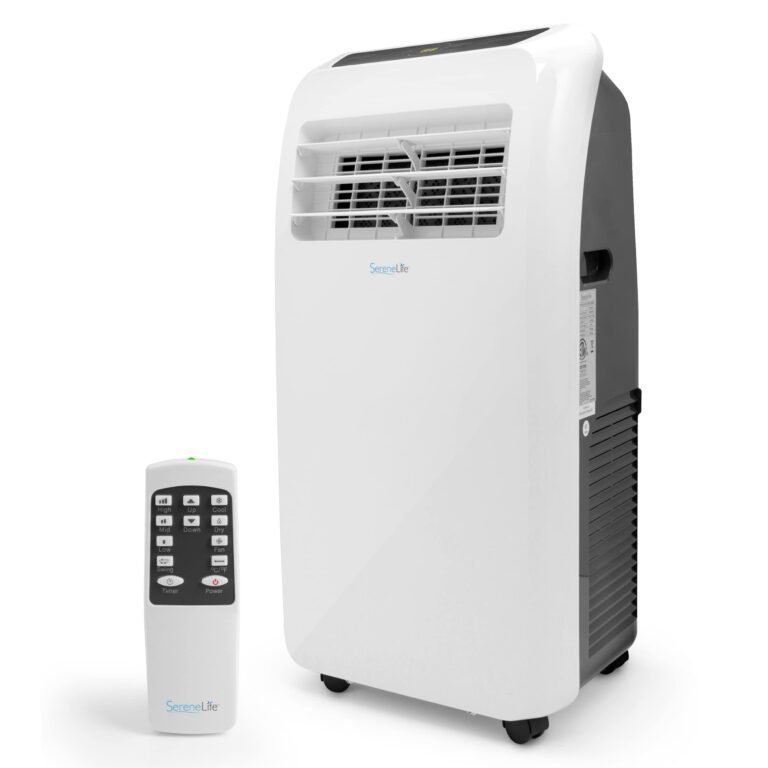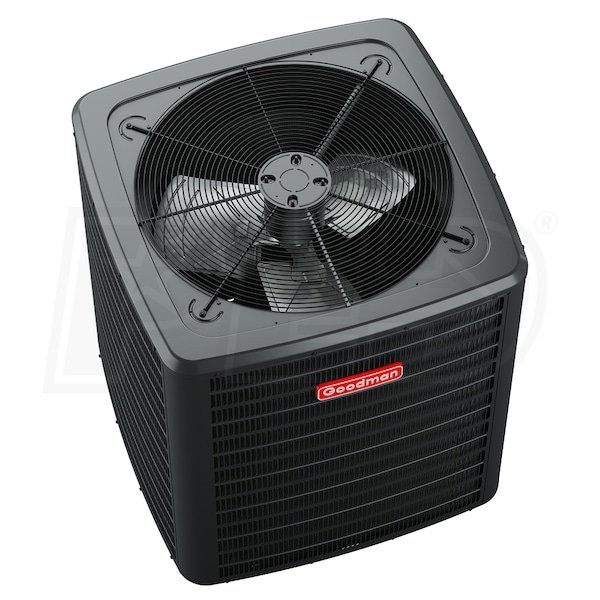What are the Disadvantages of Inverter Air Conditioners?
The major disadvantage of an inverter air conditioner is that if the room is not properly insulated, it can result in increased power consumption and higher electricity bills. Additionally, inverter air conditioners can be relatively expensive to repair and maintain due to the expensive service support and components used.
It is important to consider these factors before investing in an inverter air conditioner.
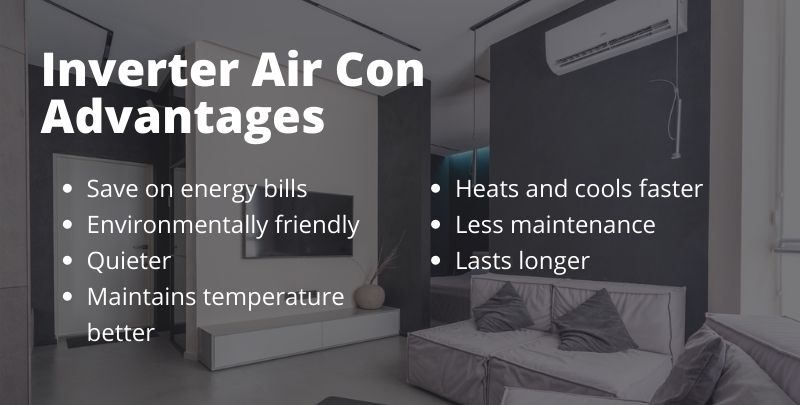
Credit: www.metropolitanairconditioning.com.au
Higher Energy Consumption If Room Is Not Insulated
If the room is not properly insulated, the power consumption of an inverter air conditioner will increase. This means that your electricity bill will also rise proportionately. Inadequate insulation leads to higher energy consumption, as the air conditioner will need to work harder to cool or heat the room. Inadequate insulation can be caused by gaps in windows or doors, insufficient insulation in walls or ceilings, or poor sealing. To ensure optimal energy efficiency and lower electricity bills, it is important to address any insulation issues in your home. Consider sealing gaps, improving insulation, and using curtains or blinds to reduce heat transfer. By addressing insulation concerns, you can maximize the benefits of an inverter air conditioner and reduce your energy consumption.
Expensive Repair And Maintenance
|
Inverter air conditioners come with some disadvantages, one of which is the expensive repair and maintenance they require. The service support for inverter ACs can be costly, which can be a setback for consumers. Additionally, the components used in the repair of inverter ACs can be expensive, increasing the overall cost of maintenance. These factors should be considered when deciding whether to invest in an inverter air conditioner.
Limited Cost-Effectiveness For Large Rooms
| Disadvantages of Inverter Air Conditioner |
| Heading: Limited Cost-effectiveness for Large Rooms |
| Subheading under heading: Inverter ACs are a good long-term investment but expensive upfront |
Inverter Air Conditioners (ACs) offer many advantages, such as energy efficiency and quiet operation. However, they do have certain disadvantages, especially when it comes to cooling large rooms. One of the main drawbacks is their limited cost-effectiveness for large spaces. While inverter ACs are a good long-term investment due to their energy-saving capabilities, they can be expensive upfront.
For cooling large rooms, non-inverter ACs may be more cost-effective. Non-inverter ACs are generally more affordable and can provide sufficient cooling power for spacious areas. They may be a better choice if you are looking for a more budget-friendly option without compromising on cooling performance.
It’s important to consider your specific cooling needs and budget when deciding between inverter ACs and non-inverter ACs. While inverter ACs offer benefits in terms of energy efficiency, non-inverter ACs can be a more practical choice for cooling larger rooms.
Frequently Asked Questions Of What Are Disadvantages Of Inverter Air Conditioner
What Is The Major Problem In Inverter Ac?
The major problem in inverter AC is bad insulation, which leads to increased power consumption and higher electricity bills.
Which Ac Is Better Inverter Or Non-Inverter?
Inverter AC is better as it is energy-efficient and cost-effective in the long run. Non-inverter AC is a more affordable option for cooling larger rooms.
Is An Inverter Air Conditioner Worth It?
Yes, an inverter air conditioner is worth it. It is energy-efficient, which can save you money on your electricity bill. It is also a long-term investment for better cooling performance.
Should I Leave My Inverter Ac On All The Time?
Leaving your inverter AC on all the time is recommended as turning it on and off frequently reduces its energy-saving benefits. It is more cost-effective and efficient to keep it running continuously throughout the day.
Conclusion
To summarize, while inverter air conditioners offer numerous benefits such as energy efficiency and consistent cooling, there are some disadvantages to consider. One major drawback is the potential increase in power consumption and electricity bills if the room is not properly insulated.
Additionally, inverter ACs can be more expensive to repair and maintain due to the advanced technology and components used. Therefore, it is important to weigh the pros and cons before deciding whether an inverter air conditioner is the right choice for your needs.

